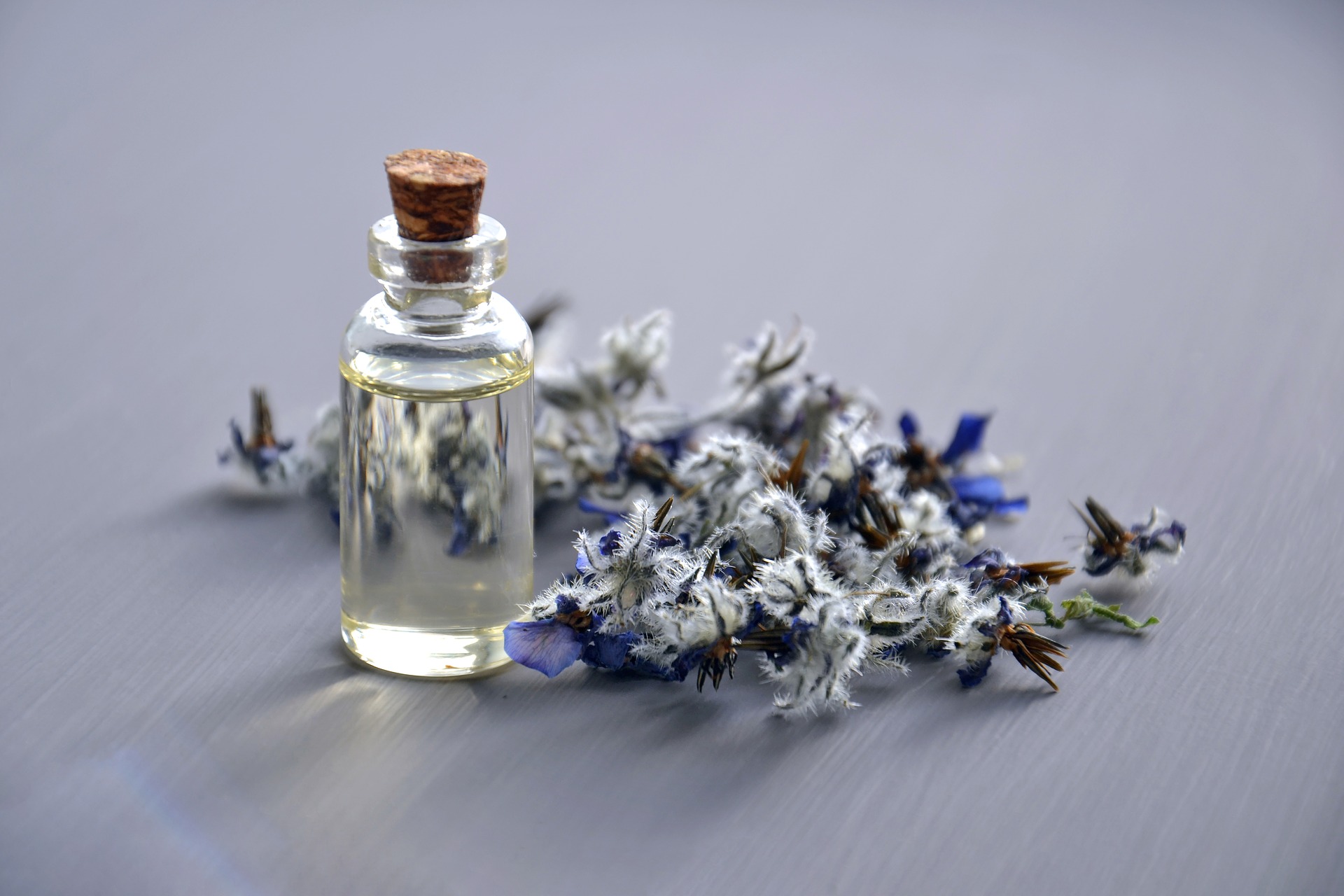If you haven’t scrolled through your Instagram feed lately or eavesdropped on the surrounding conversation, health and wellness is all the rage. A turmeric latte in hand and personal wellness in mind, the athleisure clad …

Diet and Fitness Tips for a Healthier Lifestyle
Diet and Fitness Tips for a Healthier Lifestyle

If you haven’t scrolled through your Instagram feed lately or eavesdropped on the surrounding conversation, health and wellness is all the rage. A turmeric latte in hand and personal wellness in mind, the athleisure clad …

The use of aromatherapy to treat common ailments dates back to centuries ago. From relieving headaches, improving digestive capabilities, alleviating stress and boosting energy levels, to facilitating better sleep, essential oils can help improve your …

For many thousands of years humans only lived to be about 35 years old on average. Sure, there were always a few that made it into old age, but the vast majority died of diseases, starvation, accidents, and wars. Now, in the past 200 years the life expectancy of humans has gone up about 65% according to the Centers for Disease Control. A better diet, plenty of food, fewer diseases, lots of rest, plus far fewer wars and accidents has led to men living well past 50 or even 70 years of age. The problem is, many of our glands that make needed hormones have long quit working by that age. Replacement of these valuable hormones is seen as a way to increase lifespan and increase vitality for the aged as well. Testosterone Is One Of The Main Hormones Early on, in the mother’s womb, this valuable hormone is responsible for the development of most of the male characteristics like genitalia, and other differences that separate boys from girls. Boys will go on to develop more muscle mass, higher bone density, and other things like the shape of their skulls, noses, height, and weight. This hormone also has an effect on personality, energy, and overall well being well into the later years. Testosterone begins to decline starting as young as age 30 very gradually. By age 60 it has all but disappeared and by 70 there is likely almost none. It is created and secreted from the testicles, hypothalamus, and pituitary gland. As the amounts secreted subside, men reach a point where they have what is called male hypogonadism which is where there isn’t enough testosterone in the body to do many of it’s functions. Some of the symptoms of hypogonadism are chronic erectile dysfunction, a gradual decrease in muscle mass, lack of ability to conceive children, osteoporosis or loss of bone mass, lessening of the facial hair and other pubic hair, fatigue, and a lack of sex drive. Many of these symptoms come on gradually and are hard to spot but they will persist until some action is taken. The Most Common Treatments For Hypogonadism Is TRT In this case TRT stands for Testosterone Replacement Therapy and it’s where doctors measure the amount of hormone in your blood and determine that you’d benefit with replacement therapy. The hormone can be administered in several different ways including injections, skin patches, or rub on gels. Each has it’s advantages and disadvantages, your doctor should explain them in detail and give you a choice depending on the dose that he’s recommending that you take. …